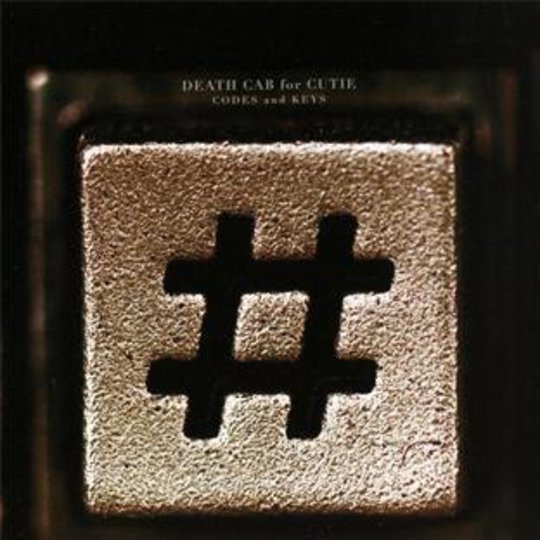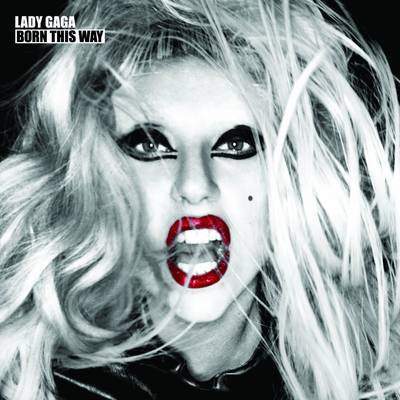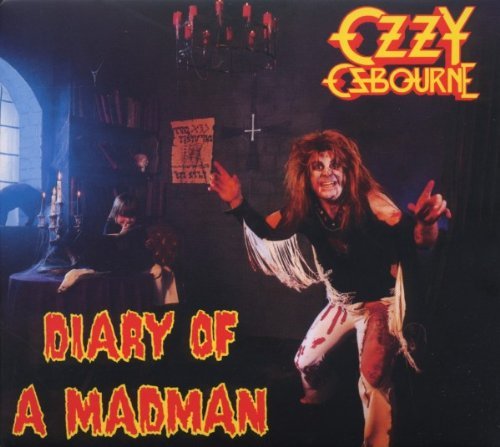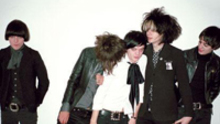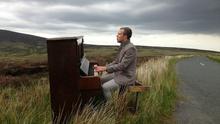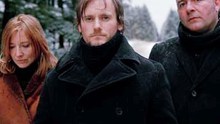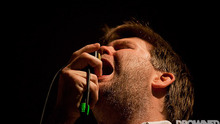Ok, so she’s hardly Yoko Ono, but Zooey Deschanel might have ruined Death Cab For Cutie. Well, that’s not fair. They’re not ruined, as such, but they’re certainly bruised, a little bloodied perhaps. One eye doesn’t work so good. They walk with a hobble.
The last album we heard from them, 2008’s Narrow Stairs, was a deceptively melancholic affair, its sound an understated snarl taking in obsession, death, loneliness and falling apart. Hardly untouched themes, admittedly, but vocalist Ben Gibbard had a knack for rendering even the most worn sentiments into something that could resonate, his lyrics a barbed rejoinder to the happily-ever-after myths mushed throughout our culture.
So what went wrong? Deschanel. She snared the singer, sapping him, like Delilah, of his bitterness and rage. Made him - spits - happy. And as everyone knows, artists should never be happy.
Happiness is what leads to ‘Stay Young, Go Dancing’, Codes and Keys’ closing track. It is, presumably, the reason for choruses that profess “when she sings I hear a symphony”, for the line “with her song in your heart it can never bring you down.” There’s a game to be played here, cross-fading quickly between this song and its Narrow Stairs equivalent, from “life is sweet” back to the latter’s “we buried our love in a wintery grave”. Try it: see how long you can last, swinging wildly between emotional extremes before the blood starts trickling from an ear.
Certainly that would make for a more memorable experience than the majority of this album. No lie: Codes and Keys was on loop from Brighton to Cardiff and back again and, bar two tracks, it barely formed a memory, the empty, lifeless landscape between Reading and Bristol a perfect complement for an album so doggedly middling that it barely even strives to make an impression.
No, again that’s not right. It’s very clearly striving, and that’s part of the issue. The production is immaculate throughout, the musicianship sterling, new sounds ranging from the electronic patter underpinning opener ‘Home Is A Fire’ to the pitch-bending strings on the title track and the hints of brass near the close of ‘Under The Sycamore’. And yet for all the effort it all sounds too antiseptic, like the product of a focus group for anodyne indie. Little wonder the band provided the key track to the second Twilight movie, that twenty-first century yardstick for mediocrity. But even ‘Meet Me On the Equinox’ had, if not quite a heart, then at least an edge of darkness, a hint of something deeper nesting beneath its chiming guitars and production sheen. Despite an abundance of textures Codes and Keys seems somehow sparse, empty calories around a hollow centre. Perhaps it’s the emphasis upon the synths, the move away from Chris Walla’s guitar towards a more programmed sound, calculated and controlled and shorn of the rather less fettered bursts that lent 'Bixby Canyon Bridge' its bite.
There are exceptions. On the understated, gradual build of ‘Unobstructed Views’, its throbbing bass and minimalist piano is actually afforded the space to grow, to transcend its mawkish vocals to feel like something of substance, emotion lurking in its recesses. And the penultimate ‘St Peter’s Cathedral’ is outstanding: a single tolling note rising to a colossal swell, sheets of metallic noise clashing beneath Gibbard’s echoed assertions on a fictitious afterlife that almost, almost justifies the album price alone. “There’s nothing past this”, he sings, again and again, until it seems as though he’s right and it doesn’t matter: that the swell should keep on rising, suffusing and suffocating and filling every space.
But then it ends and the track changes and Gibbard’s back singing a matinee jaunt about the sweetness of life, and blood’s leaking from the ear at how jarring it all is, how sad that a band that can etch out shadows so skillfully have lurched into the light, losing their definition in the haze.
-
6Christian Cottingham's Score

